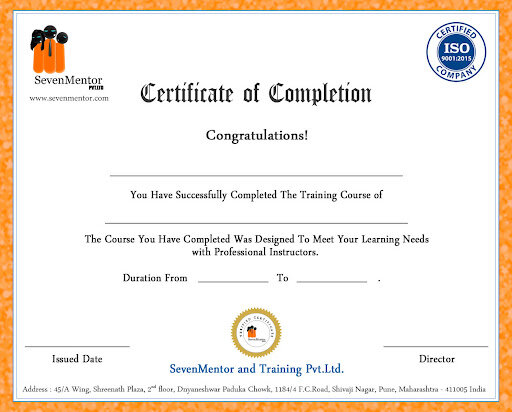Java
A java program is where a class teaches the objects the peculiarities of how to be in a function. The Java course in Gandhinagar is a programming language that is object-oriented, simple, network-savvy, secure, robust, architecture-neutral, high-performance, portable, and dynamic.
Call The Trainer
Batch Timing
- Regular: 2 Batches
- Weekends: 2 Batches
Request Call Back
Class Room & Online Training Quotation
Related Courses
Have a look at all our related courses to learn from any location
C and C++ are the base of all programming languages. C is a procedural programming language. C Language helps students to build the Logic. In C language student will have...
Hibernate (also called as Hibernate ORM) is an (ORM) Object Relational Mapping tool for the Java programming language. This Tool provides a framework for mapping an Object-Oriented domain model with...
Full Stack Web Development Classes in Pune is very much in demand nowadays. In Full Stack Web Development training, a web developer should know the client as well as Server-side...
C and C++ are the base of all programming languages. C is a procedural programming language. C Language helps students to build the Logic. In C language student will have...
Hibernate (also called as Hibernate ORM) is an (ORM) Object Relational Mapping tool for the Java programming language. This Tool provides a framework for mapping an Object-Oriented domain model with...
Full Stack Web Development Classes in Pune is very much in demand nowadays. In Full Stack Web Development training, a web developer should know the client as well as Server-side...
C and C++ are the base of all programming languages. C is a procedural programming language. C Language helps students to build the Logic. In C language student will have...
Hibernate (also called as Hibernate ORM) is an (ORM) Object Relational Mapping tool for the Java programming language. This Tool provides a framework for mapping an Object-Oriented domain model with...
Full Stack Web Development Classes in Pune is very much in demand nowadays. In Full Stack Web Development training, a web developer should know the client as well as Server-side...
Request For Call Back
Class Room & Online Training Quotation










